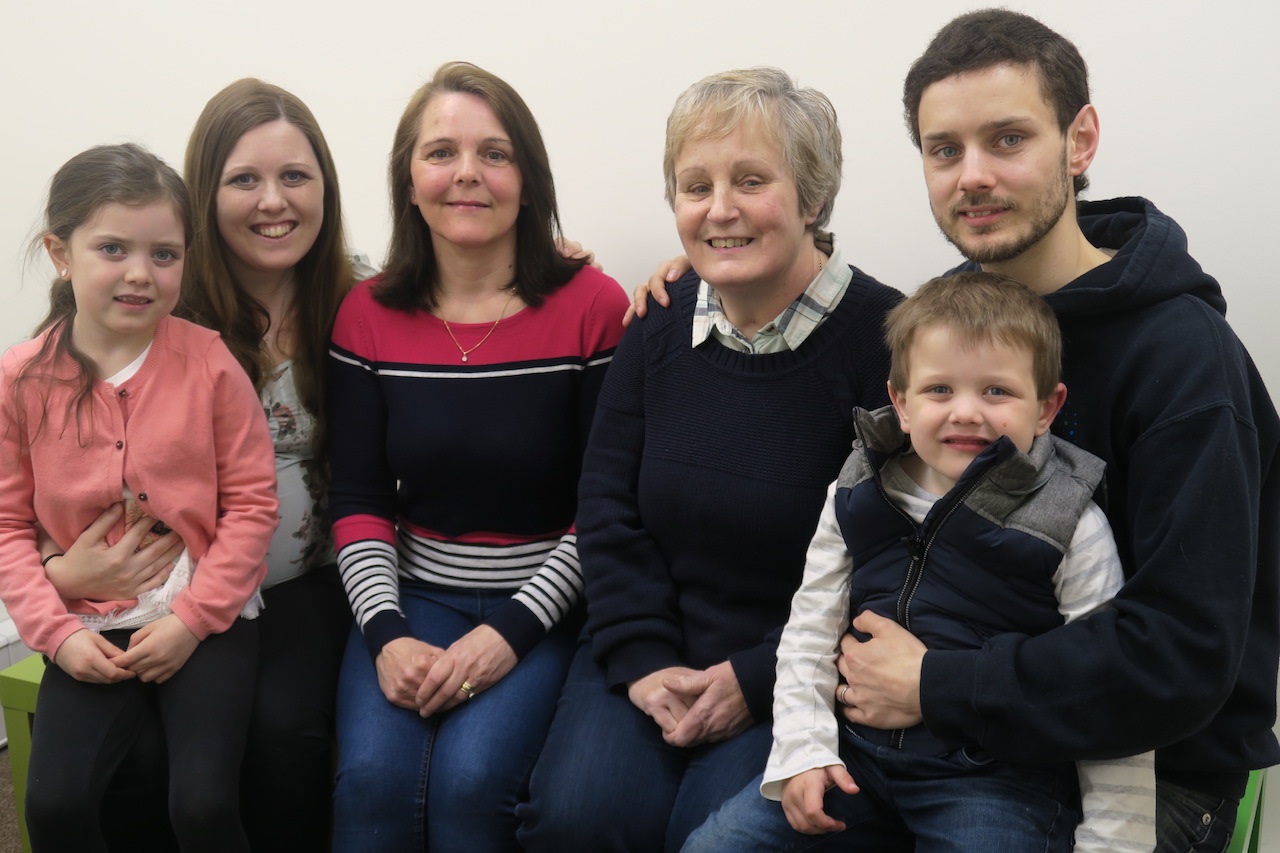Children of the 90s has been collecting health data from families since the early 1990s, including for the last six years, recruiting the next generation – the Children of the Children of the 90s (COCO90s). Its 2000th paper now reveals some of the differences between the original women recruited during pregnancy in the early 1990s and their children’s generation.
Published on Wellcome Open Research, University of Bristol academics have examined 810 of the new generation of Children of the 90s, the oldest now being 11 years old, and their families.
Authors report that compared with their mother’s generation of the same age, women who were having babies between 2012 and 2018 (aged between 19 and 26-years) are:
-
more educated;
-
less likely to smoke during pregnancy;
-
are experiencing high rates of depression during pregnancy; and
-
have a higher body mass index and blood cholesterol level.
Their children are more likely to be:
-
delivered by caesarean section;
-
heavier at birth; and
-
breastfed.
“The UK leads the world in cohort studies where women are recruited in pregnancy and they, their partners, parents and their children are followed with regular assessments for the rest of their lives.
“Bristol’s Children of the 90s is particularly unique in that it engages with whole families from the start and is now the only study globally with detailed genetic, biological, lifestyle, social, cultural, educational and clinical data on three generations.
“Our profile, in the 2000th published paper for the study, illustrates how families are being shaped over generations and how the study is using new technology and tools such as continuous glucose monitoring, parent-child interactions filmed by head camera use at home, and unobtrusive digital sensor in smart watches and phones to capture life as it happens.”
In the last 25 years research using Children of the 90s data has uncovered findings on a vast range of topics such as diet and fitness, parenting patterns, autism, allergies and self-harm and the impact of genes, environment and major life events on our physical and mental health.
Future research will explore the factors affecting the health of a new baby, comparisons of the health of mothers across generations and the implications of stress on families including dads.
Professor Nic Timpson is the Principal Investigator for Children of the 90s and added:
“Our 2000th paper is an important milestone that recognises the unique contribution of our dedicated Children of the 90s participants and their data to the scientific community across the globe. The next 5-10 years present a fascinating opportunity to learn even more about the important events around a new pregnancy and its impact on health.”
Parents and their children can be recruited to – and return to - Children of the 90s at any age but most become part of the study during pregnancy. Data is then collected repeatedly through clinics, assessments at home and questionnaires through infancy, childhood and into adulthood.
Laura Pirret, aged 26, lives in Kingswood with her husband and two children. She has completed 28 questionnaires and attended 15 clinics since she was born and the whole family are now part of the study. She commented: “I have been a participant in the Children of the 90s study since before I was born. My mum was approached at an antenatal appointment and asked if she would like to be a part of the study. I'm so glad my mum understood how vital research studies of this type are and agreed to participate!
“Being part of the study has always given me a sense of achievement and pride that I am helping contribute to scientific research on a global level. My husband also attends focus visits, meaning that my whole family are involved. Even at a young age being part of the study made me feel special, something that I know my children now also feel when they participate in the Children of the Children of the 90s study.”
Miguel Cordero is an early-career researcher who is currently accessing 22,000 hours of film between parents and their new babies assess their interactions at home.
“This is an exciting time for behavioural scientists. Participants are opening doors to their daily family lives on a scale that never been seen before. Most of our knowledge about parent child interactions usually comes from videos collected under artificial situations, like a laboratory, when child is exposed to an unfamiliar people and situations. This new generation gives us an opportunity to see what happens at home, without any external intervention. Parents chose when to turn on the camera to share a sample of their lives with researchers. Working with this data is a real privilege.”
